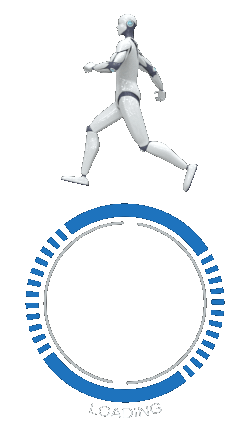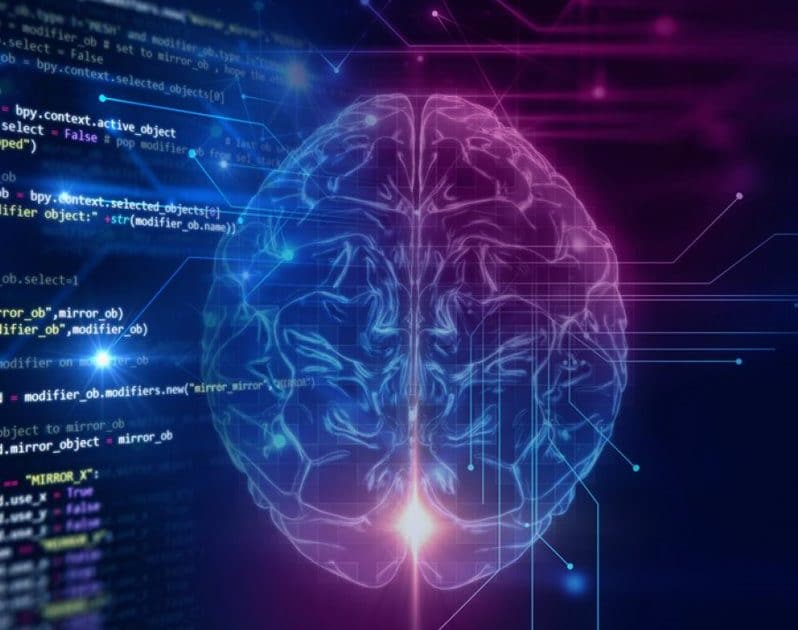What is Artificial Intelligence?
Artificial Intelligence is the study and design of intelligent agents that have the ability to analyze the environments and produce actions that maximize success. AI research uses tools and insights from many fields, including, psychology, philosophy, neuroscience, computer science, cognitive science, linguistics, operations research, economics, control theory, probability, optimization and logic. AI research also overlaps with tasks such as speech recognition, robotics, control systems, logistics, scheduling, data mining, facial recognition, etc.
What is Human Intelligence?
Human Intelligence is defined as the quality of the mind that is made up of capabilities to learn from past experience, adaptation to new situations, handling of abstract ideas and the ability to change his/her own environment using the gained knowledge.
Human Intelligence can provide several kinds of information, including observations during travel or other events from refugees, travelers, escaped friendly POWs, and many more. In addition to that, it can also provide data on things about which the subject has specific knowledge, which can be another human subject, or, in the case of defectors and spies, sensitive information to which they had access. Finally, it can provide information on interpersonal relationships and networks of interest.
Humans vs. MachinesThere are a few territories where human knowledge has the favorable position over machines. For instance, how about we investigate performing various tasks at the same time or, in other words, multitasking. An individual can chip away at various errands simultaneously, while it would set aside a long effort for a machine to accomplish something like this. Another significant zone where individuals have a bit of leeway is in spontaneous thinking. Humans are so far ahead when it comes to thinking that machines are not even comparable.
Processing speed is the area where machines have the conclusive favorable position. For each second, actually, a machine can perform over 90,000 trillion operations. For instance, let’s say that a doctor can make a diagnosis in ten minutes. An AI system would be able to make one million diagnoses in that amount of time. This energy and processing speed that the computers can provide allows them to excel in areas such as chess since it can calculate hundreds of thousands of moves per second.
So What’s Better? After taking into consideration what each might have to its advantage, it is impossible to say which of the two triumphs over there other. In certain areas, AI will always excel over the human brain and one of the most apparent examples of this is found in chess, as mentioned before. The AI can calculate and predict hundreds and thousands of moves ahead of the human player and thus is almost impossible to beat. AI is now commonly used to cater to some routine tasks and it is usually not advisable to employ AI when creating a new product. For projects like these the human mind is far more favourable.
The Human mind brings to the table a far more innovative way of thinking. AI will base its decisions on the information you feed to it, whereas a human will go out of its way to search for more information.
This is why companies nowadays employ both AI and Humans for development.


